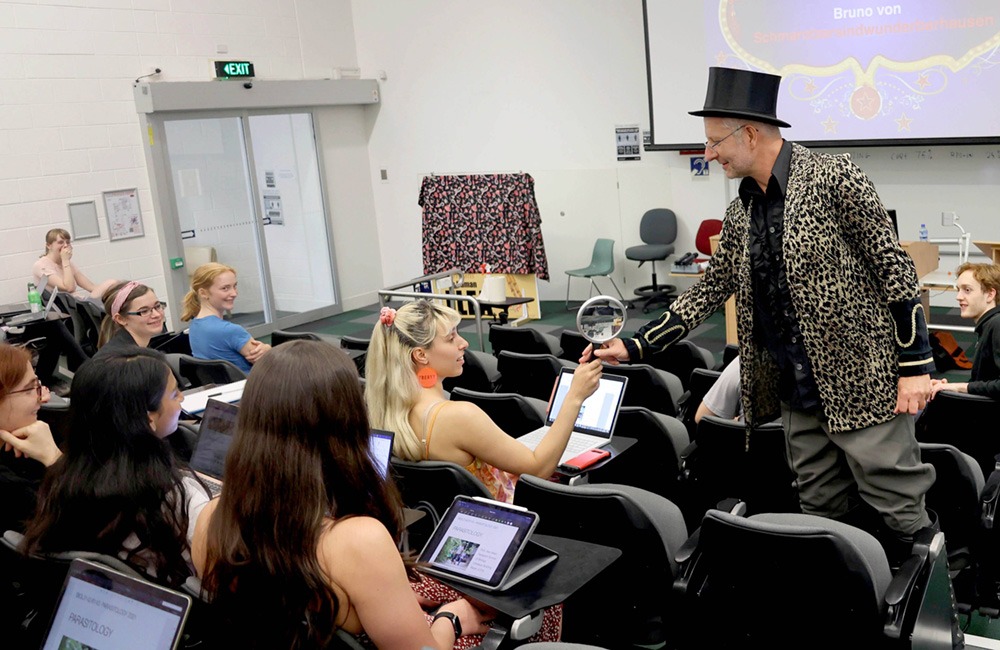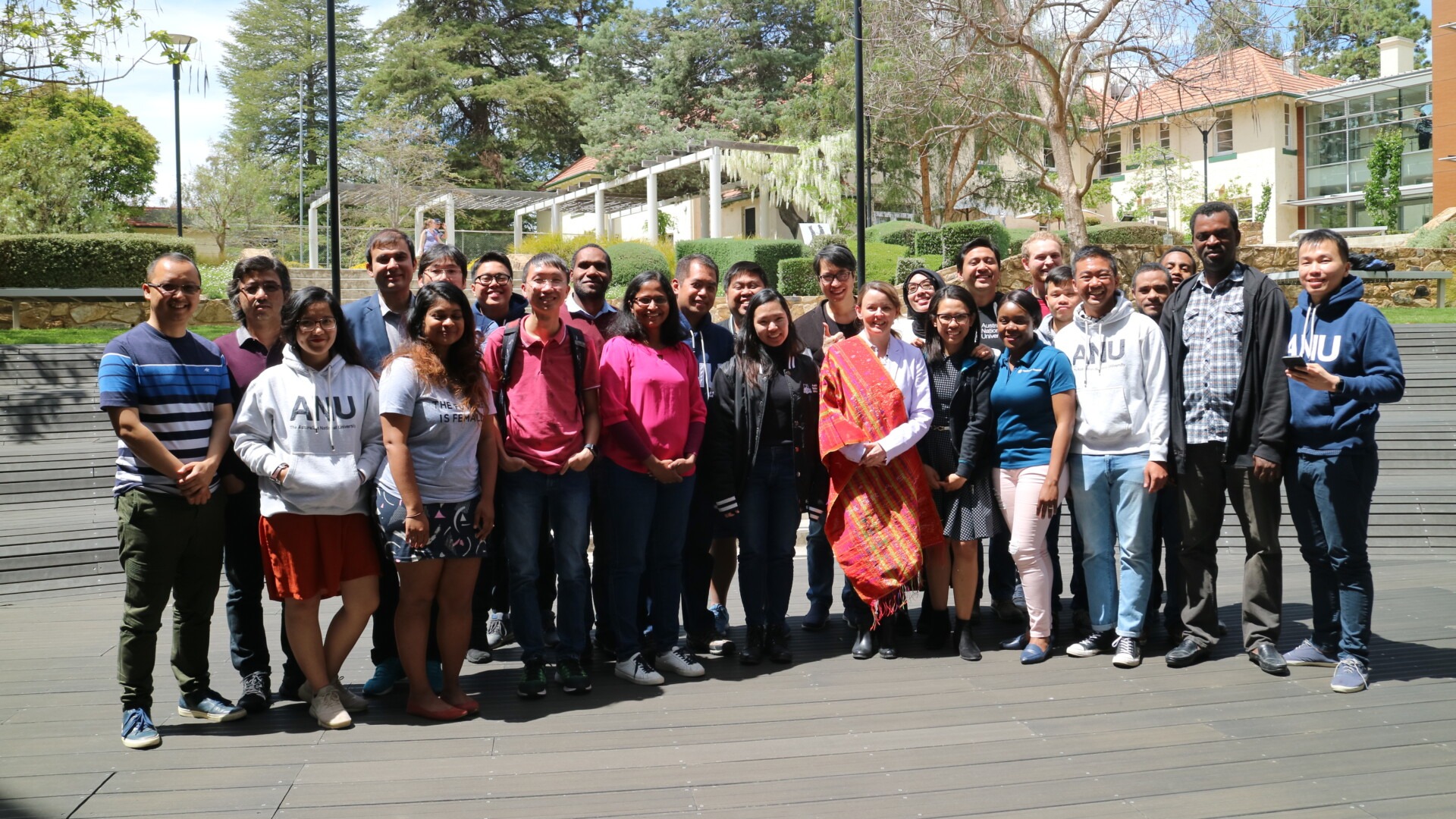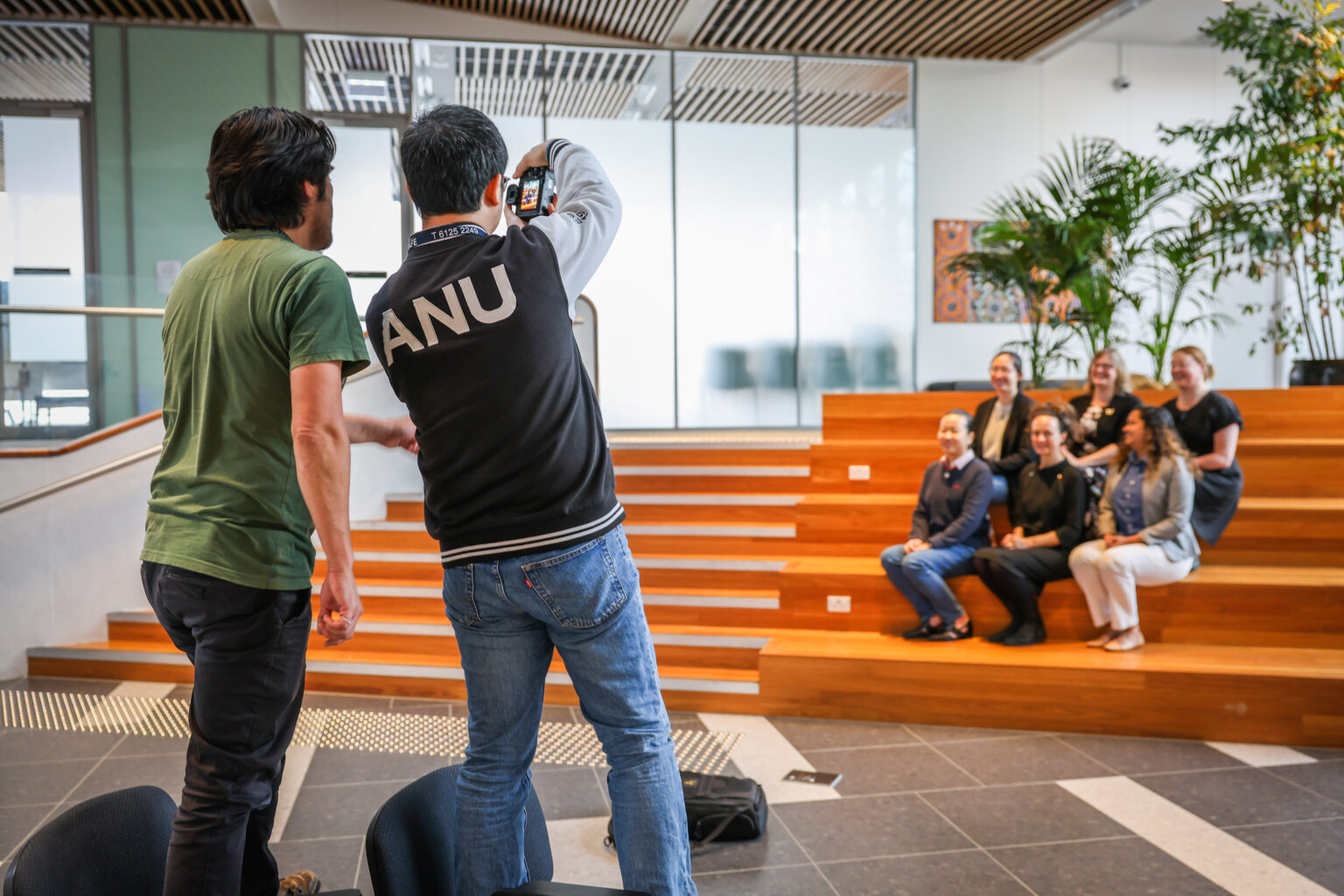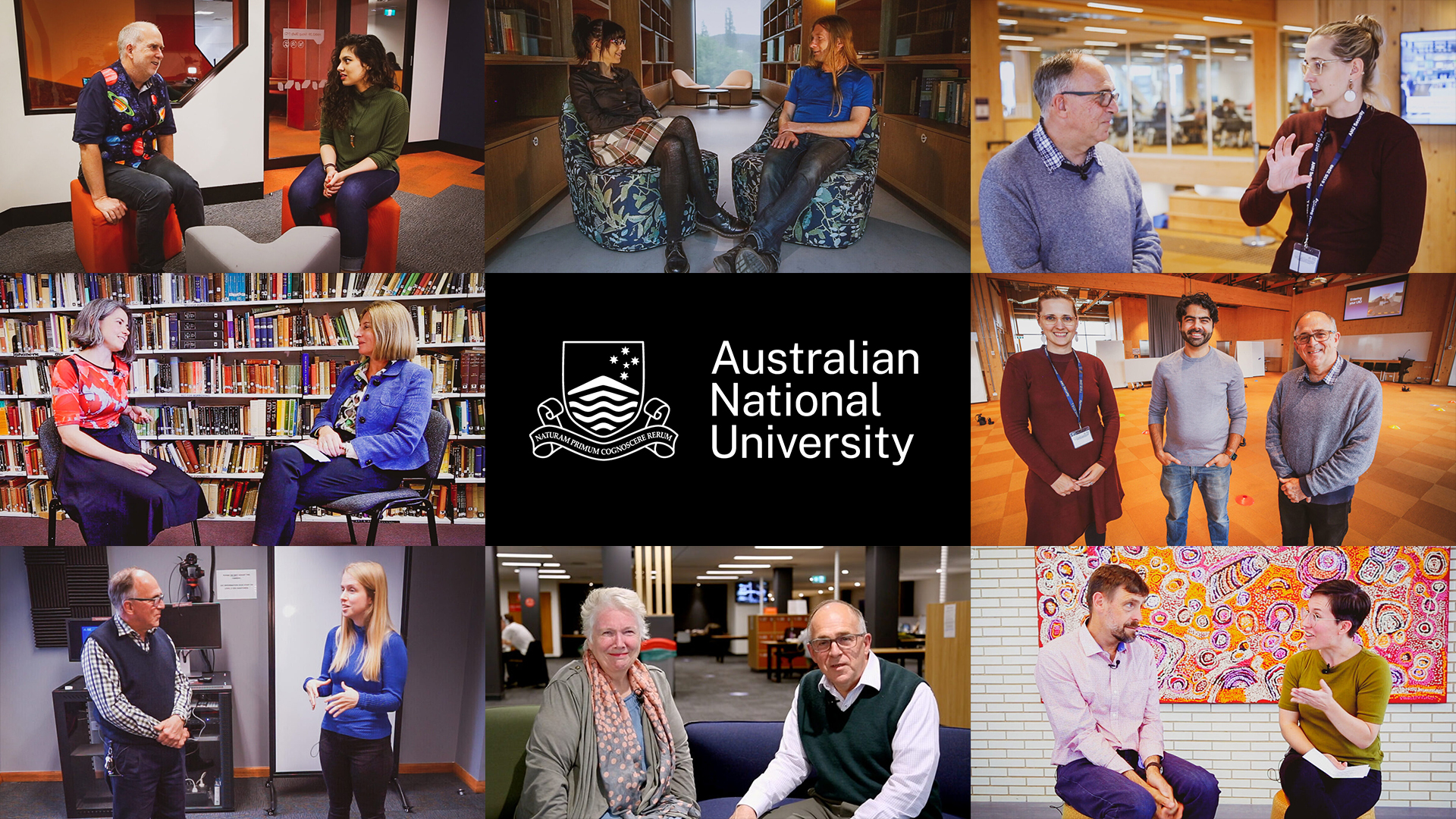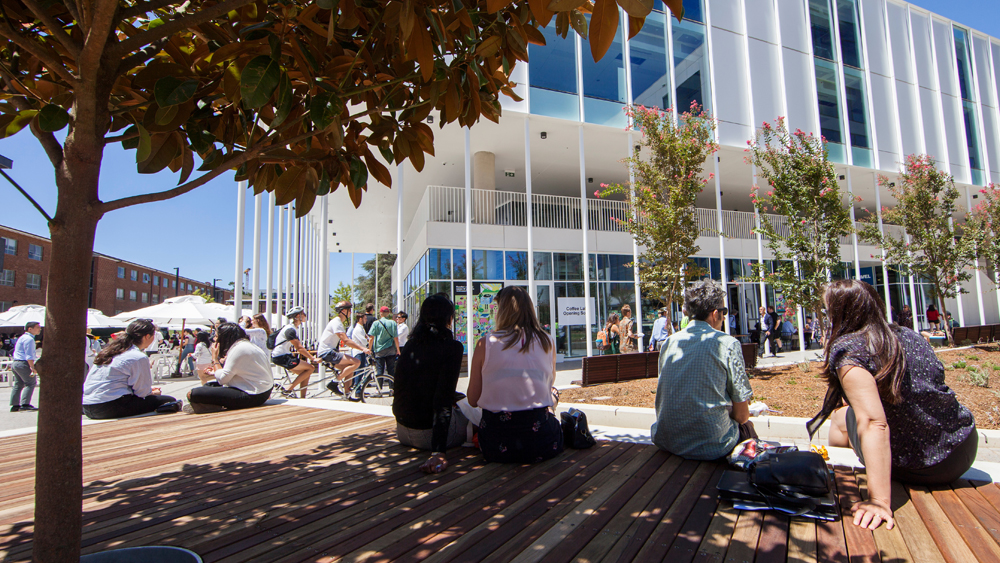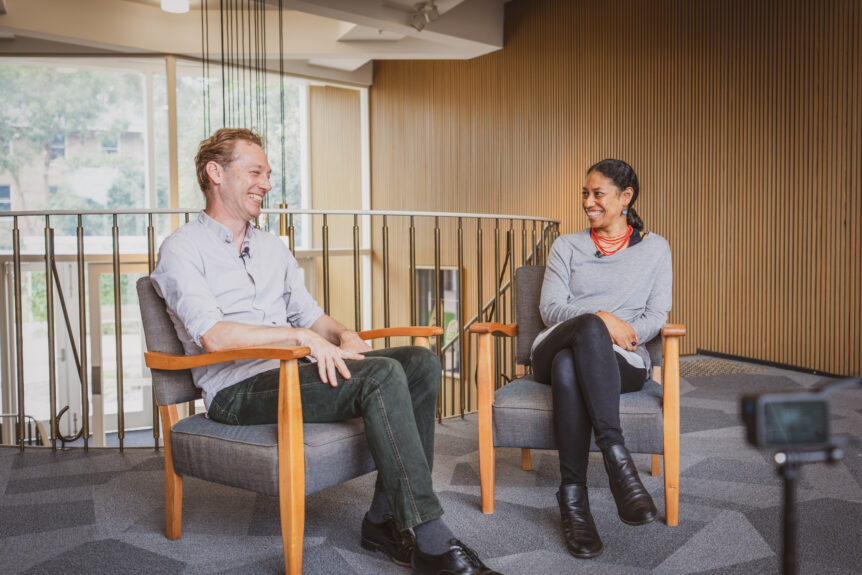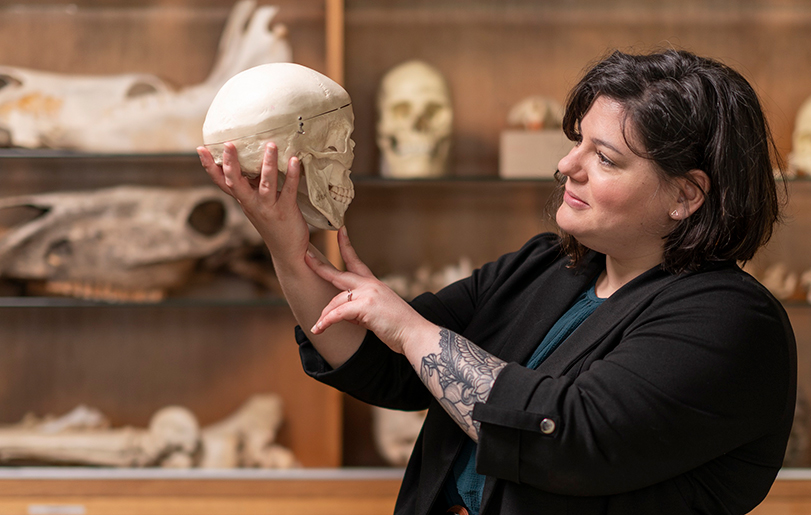Dr Mathew Davies, Associate Dean of Education (ADE) in the College of Asia and the Pacific (CAP), spoke with CLT to unpack the dynamic role he plays in transforming education and preparing students for the challenges and opportunities that lie ahead. From fostering collaborations between departments to exploring the potential of artificial intelligence (AI) and expanding online education, Davies offers a glimpse into the exciting developments shaping the future of learning.
As the ADE, Davies assumes a dual role, both outward-facing and internal to the college. Externally, he collaborates with other academic leaders to position the university in the education landscape, addressing critical governance questions and adapting to the evolving modes of teaching. Internally, Davies ensures effective communication, disseminating university policies and promoting best practices among the various schools within CAP.
Reflecting on the diverse teaching talent found across the campus, Davies emphasises the importance of breaking down silos and fostering collaboration. He highlights the need for educators to explore the rich expertise available across different disciplines, encouraging an open exchange of ideas and sharing of best practices. Davies believes that excellence in education emerges from the collective efforts of passionate educators committed to providing students with a transformative learning experience.
Unlocking the potential of AI in education
Discussing the current trends and challenges in education, Davies shines a spotlight on the rising prominence of AI. Recognising that AI will be an integral part of students’ future work environments, he emphasises the need to equip them with the ethical and practical skills to harness AI effectively. Davies stresses the importance of not only teaching the content but also empowering students to navigate the ever-advancing AI landscape with integrity.
While acknowledging the concerns surrounding academic integrity and the impact of online systems, Davies affirms the unique value of education beyond subject matter and arguments. He believes that education, particularly in the humanities and social sciences, plays a crucial role in cultivating students’ understanding of their place in the world. These encounters with diverse perspectives and experiences are vital components that AI systems, as advanced as they may be, currently cannot fully replicate.
Embracing new frontiers in postgraduate education
Shifting the focus to postgraduate education, Davies highlights the opportunities presented by reaching new markets and expanding online options. With the changing landscape brought about by technological advancements and the global shift to remote work, exploring online-only programs has become a pressing consideration. Davies emphasises the importance of delivering world-class education in both on-campus and online environments, ensuring that conveners and schools are equipped to meet the evolving needs of postgraduate students.
Davies acknowledges the complexity of designing online programs and the need to approach them differently from on-campus offerings. He underscores the significance of maintaining the unique on-campus experiences for undergraduate students, while adapting to new demands and exploring innovative delivery methods for postgraduate programs.
Strategic Assessment Design for Enhanced Learning
In the pursuit of excellence, Davies emphasises the importance of strategic assessment design across all levels of education. He encourages conveners and schools to think holistically about assessment, considering not only individual courses but also how assessment aligns with program goals and the needs of students. Davies calls for a diversified approach to assessment that goes beyond traditional essays, providing authentic engagement opportunities and promoting the development of practical skills for the workforce.
While recognising the role of policies and frameworks, Davies believes that assessment design should emerge from the expertise of conveners who intimately understand their subjects and students. He advocates for an open dialogue, inviting educators to share their ideas, and offering support in refining and implementing innovative assessment strategies.
In summary, key points drawn from the conversation highlight the importance of collaboration and recognition – hallmarks of a successful social enterprise.
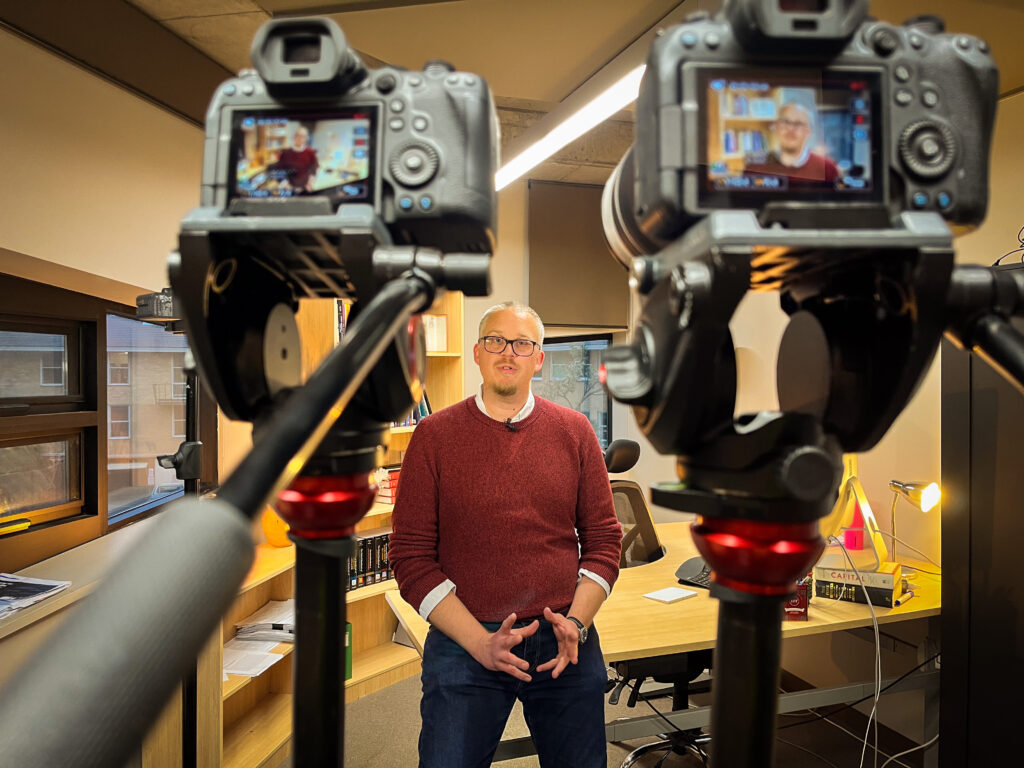
Video & photos by Rafael Florez (CLT)
Tim Grace is the Manager of the Education Communities team and Rafael Florez is the Multimedia Producer at the Centre for Learning and Teaching
